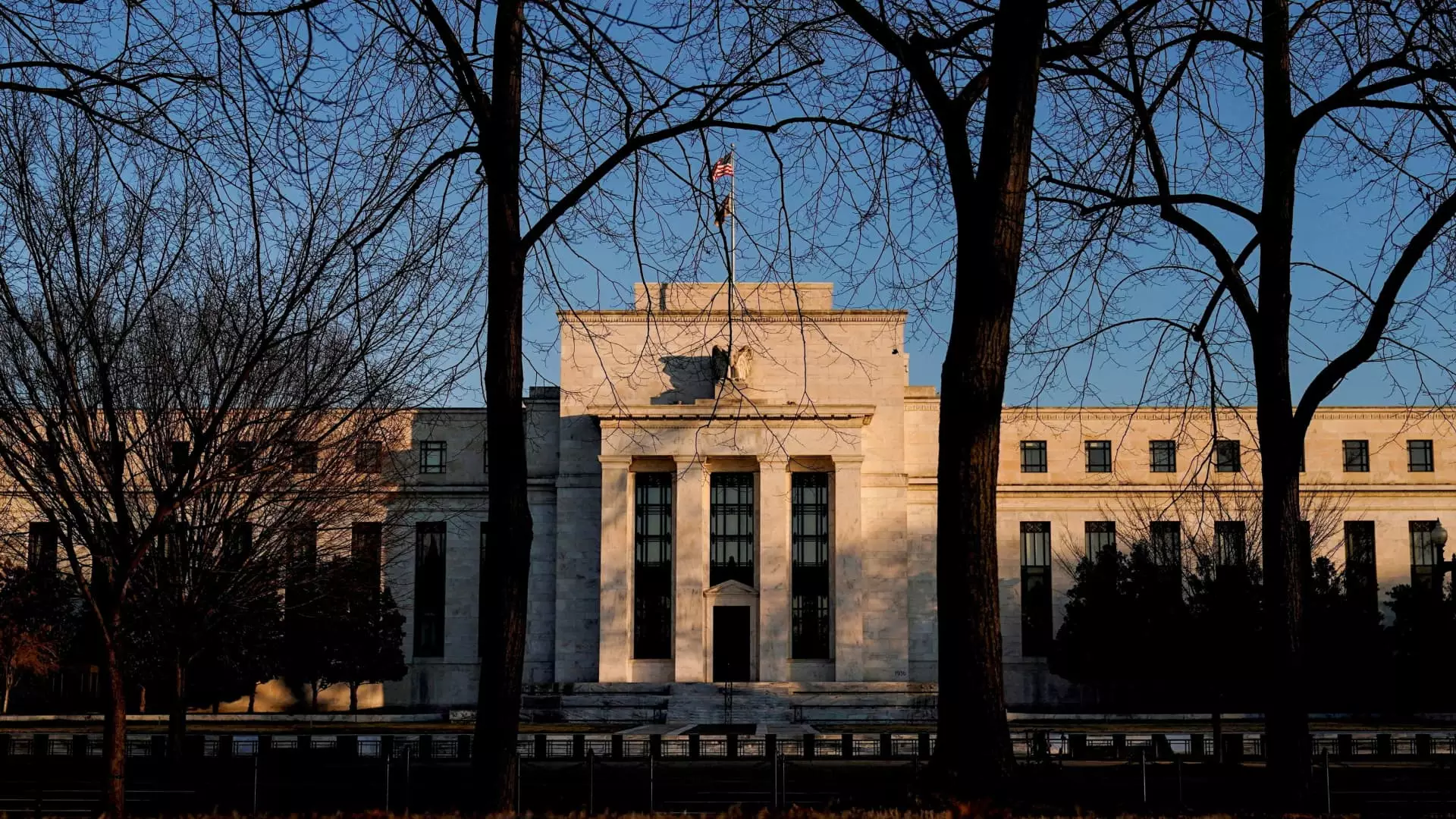The recent arrest of John Harold Rogers, a former senior advisor at the Federal Reserve, has brought forth alarming discussions about economic espionage and its implications on national security. Accused of conspiring to provide sensitive Federal Reserve trade secrets to agents purportedly working for the Chinese government, Rogers faces serious indictments, including conspiracy to commit economic espionage. The stakes in such cases are incredibly high, with potential consequences that not only impact individual actors but also threaten the integrity of U.S. financial systems and foreign relations.
This arrest did not emerge in isolation but rather coincided with political tensions between the United States and China, especially regarding economic policies. As the U.S. government grapples with broader trade issues, the notion of insider threats from within its institutional frameworks becomes particularly concerning. On Friday, the day of Rogers’ apprehension, the White House announced new tariffs against China, highlighting an already tumultuous point in U.S.-China relations. This timing leads to speculation about how espionage acts may serve to exacerbate existing geopolitical frictions.
Rogers, who held a position in the Federal Reserve’s International Finance Division from 2010 to 2021, allegedly exploited privileged access to confidential information affecting U.S. economic policy. This included advanced insights regarding the federal funds rate, which plays a crucial role in influencing financial markets. For example, access to this information could allow foreign entities, such as China, to execute transactions that secure extensive profits or minimize losses by anticipating market fluctuations.
The implications of gaining such inside knowledge are profound. It raises questions not only about ethical behavior in public office but also about the vulnerability of U.S. institutions to internal corruption. The indictment purports that Rogers received gifts and financial incentives from two alleged co-conspirators posing as graduate students in China. Such actions paint a picture of elaborate manipulation, where seemingly innocuous relationships transform into channels of espionage.
The methods by which Rogers allegedly shared sensitive information reveal a troubling trend in espionage tactics. Utilizing personal email accounts and meeting in discreet locations under the pretense of academic engagements serves as a reminder of how deception intertwines with the pursuit of illicit advantages. This case underscores the need for stringent oversight mechanisms and accountability structures within sensitive governmental bodies.
The Legal Framework and Potential Consequences
Facing a maximum penalty of 15 years in prison if convicted, Rogers’ fate now lies in the hands of the legal system. His allegations of lying to federal inspectors only complicate matters further. Such claims of misconduct reflect a broader issue regarding compliance and integrity within governmental advisory roles. It begs the question: to what extent are individuals in such positions held accountable for their actions when dealing with confidential and sensitive information?
The indictment details how Rogers allegedly transmitted information electronically in violation of Federal Reserve policies. This is not merely a breach of protocol but a potential crime against the very fabric of economic security in the U.S. The outlined charges serve as a catalyst to evaluate the existing mechanisms that protect economic data and trade secrets. With Rogers’ position affording him access to pivotal economic considerations, his actions, if proven true, could represent a critical failure in safeguarding national financial interests.
The case of John Harold Rogers resonates beyond the immediate legal repercussions; it serves to reinforce the narrative surrounding Chinese espionage activities in the United States. FBI officials characterize this situation as part of a larger campaign by the Chinese Communist Party to undermine U.S. economic stature. Such allegations highlight the ongoing battle over intellectual property, trade secrets, and the overarching quest for economic dominance in an increasingly interconnected world.
As the U.S. continues to grapple with accusations of espionage, it must also prepare to reassess its strategic frameworks in dealing with China. The Rogers case embodies not just an individual transgression but rather the manifestation of deep-seated concerns surrounding economic security and the extent to which foreign entities may manipulate or exploit weaknesses within U.S. institutions.
The arrest of John Harold Rogers stands as a significant moment in the ongoing discourse about national security, economic espionage, and U.S.-China relations. It serves as a reminder that those entrusted with critical information have immense responsibilities, and breaches of trust can have cascading effects that reach far beyond individual actions. As the legislative and judicial processes unfold, the aftermath will hopefully yield insights that lead to stronger defenses against economic infiltration—both from without and within.

